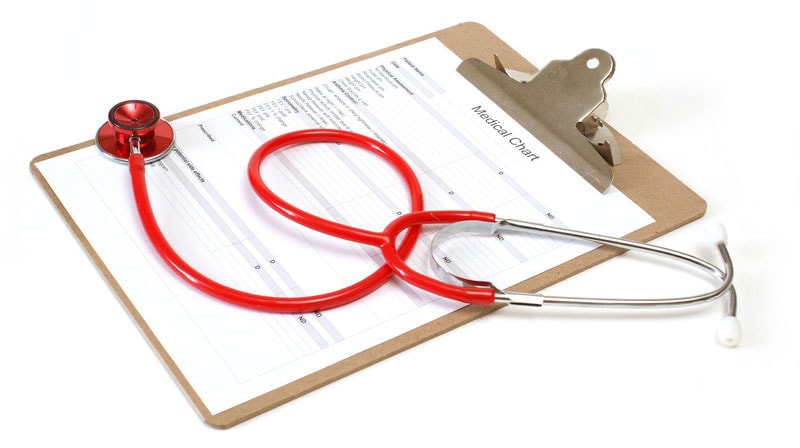Errors in medical records are common and could lead to devastating consequences for patients. The mistakes in electronic health records are becoming an increasing source for medical malpractice claims, which necessitates formal procedures such as medical peer review. A recent CNBC report shows that about 70% of patient records have wrong information and patients often struggle to have these mistakes corrected.
The report mentions a 20-year-old female patient whose medical record contained the wrong information that she had twice given birth and was diabetic, whereas in reality she has never been pregnant or diagnosed with diabetes. When she approached the hospital to get the record corrected, the hospital insisted that she was wrong and that the information wouldn’t have been in her medical chart if she hadn’t given her physician that information. This patient could get the corrections made only on giving a written request for a correction of her record.
Mistakes in the medical records may not affect health outcomes always, but some mistakes can be serious or even fatal. A Johns Hopkins study says that more than 250,000 people in the United States die every year from medical mistakes. Generally, patients struggle to have the corrections made because doctors don’t like to admit wrongdoing for fear they may be sued. Researchers in the field feel that the United States requires stronger standards for properly matching patients with their medical record. One of the major issues identified is that your medical record may contain details of another patient with more complicated and numerous medical conditions than you have. Older people especially have reason to be careful about the information in their medical chart. The Office of the National Coordinator for Health Information Technology estimates that almost 1 in 10 people who access records online end up requesting that the records be corrected for a variety of reasons.
What are the types of errors found in medical records?
- A wrong diagnosis, scan or lab result may have been entered in the medical record and this could lead to inappropriate medical evaluation or treatment.
- Serious omissions such as allergies that aren’t noted, medications that are not listed, and lab results that are not recorded can have serious consequences.
- A patient’s name, address, phone number or personal contacts may be wrongly entered. This could result in difficulty to reach someone in case of an emergency, or lead to a bill being sent to the wrong location.
- Other mistakes include not accurately conveying the patient’s family history, and having a service recorded in the medical chart that the patient didn’t actually receive.
The EHR is also responsible for many medical mistakes which can have grave consequences.
- EHR systems are not interoperable and this impedes the improvements to the quality of care promised by health information technology.
- EHR-related problems fall into two main categories, system-related and user-related.
- The drop-down menus and templates in the EHR may lack sufficient space for documentation. Therefore, healthcare providers are not able to take detailed notes during patient visits.
- Other EHR-related problems are auto-population feature (the software automatically generates data) and confusing displays. These misinform medical professionals and lead to the transmission of inaccurate information.
- Technology glitches may prevent access to essential information such as lab results and radiology studies and this may affect many patients.
- Copy-paste errors made by healthcare professionals have increased in the last ten years and this concern is getting worse. The copy-paste problem fills the medical records with outdated, inaccurate and irrelevant information and providers find it difficult to make sense of the record. Malpractice claims associated with copy-paste show that this is a very serious issue leading to patient harm.
Patients have the right to review their medical record according to the HIPAA Act of 1996. If they discover an error in their medical record, they have the right to ask for a correction. Such requests must be made in a timely manner so that any potential harm or injury can be prevented.
A medical chart review company assisting medical malpractice attorneys can identify omissions and discrepancies in the medical chart, which makes their service valuable to legal professionals. Patients harmed by medical malpractice must receive the due compensation. Since the impact of malpractice claims can be devastating for both patients and providers, care should be taken to avoid such instances. Patients, on their part, must be vigilant and check for errors in their medical record. Only a cautious and proactive approach can help prevent serious patient harm on account of errors in the medical record.




